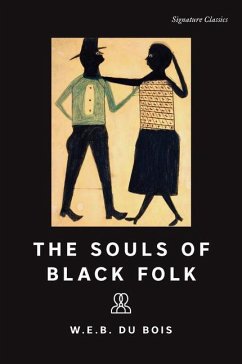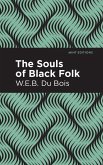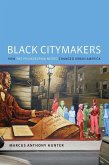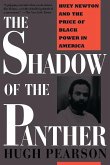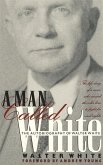First published in 1903, The Souls of Black Folk is a masterpiece of American literature, a foundational text of sociology, and a deeply personal answer to the question "What is it like to be a Black American?" Breathtaking, searing, and brilliant, this book invited white Americans to examine how Black culture and labor shaped the United States and how race relations--as well as the consequences of segregation and disenfranchisement--would be the defining problem of the 20th century. Du Bois's prophetic remarks and critical insights have been cited as the intellectual framework for the Civil Rights movement, and they continue to inspire contemporary writers: Ta-Nehisi Coates's Between the World and Me takes its title from the first line of this book.

